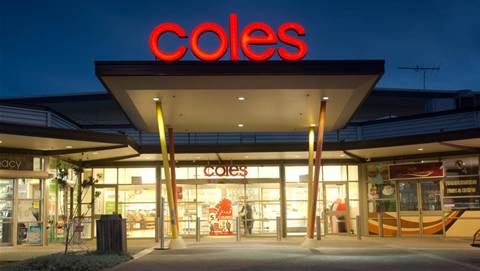Minter Ellison has unified its national e-discovery operations by creating a single cloud-based platform to improve the way it processes data for litigation proceedings.

The law firm earlier this year revealed an internal mandate to move 80 percent of its business-critical applications into AWS, with e-discovery the first area in line for transformation.
Until then, Minter’s e-discovery was “operationally segregated” by state and territory, each instance of which "had managed their own data locally and could not collaborate nationally with ease”, according to enterprise architect Paul Harmat.
That led to issues such as the potential for double-handling of case data, delays in meeting client expectations, and escalating costs due to the administrative overhead of running in a decentralised fashion.
The firm found itself calling on third-party data forensics suppliers with increased frequency, but had difficulty managing and sharing what were “exponentially-growing datasets”.
The structure was also hard to plan for from an IT infrastructure perspective.
E-discovery has a lumpy demand for IT resources: some cases might involve over a terabyte of data, while others have more modest requirements.
Managing those peaks and troughs proved a challenge for the company’s internal IT resources, both for active processing and backup. E-discovery was seen internally as a good early test case for the company’s desire to embrace AWS public cloud.
Both e-discovery and IT were also ready for the change after “tolerating long-standing operational grievances”.
“The e-discovery team were not only the greatest catalysts for the change but the greatest advocates [for it] too,” Harmat said.
That led to the creation of the Minter Ellison client data management solution, which incorporates a single storage environment and encrypted data transfer service.
The law firm brought in a partner, Data Solutions Group, to aid the solution design, particularly around data security.
“With a move to the public cloud being new for the firm, of key importance was the development of an underlying extensible network design governed by AWS best practices and that upheld our security posture to a high level scrutiny,” Harmat said.
DSG also helped prepare the firm from a change perspective for the move into public cloud.
“Public cloud adoption within the legal sector has been slow as most firms struggle to articulate the real risks associated with the platforms available within the market and weigh them against the benefits that the firm can experience,” Harmat said.
“We successfully canvassed strong cross-departmental support and advocacy of the move to cloud with the wide recognition that an improved ability to execute on behalf of our client is key to our success.”
The client data management solution centralises e-discovery on a set of standardised processes and workflows.
The firm is now able to “efficiently distribute work regardless of the region that is managing the matter, leading to a more effective resource utilisation”, Harmat said.
E-discovery staff are now “closer” to the data they are processing, reducing the time it takes for analysis.
Cloud infrastructure has solved the infrastructure scaling problems while also providing “an extensible, safe and segregated environment in which client data is ... fully encrypted, reducing overall security risk for clients” of the firm.
In addition to the AWS infrastructure, the firm also built its own large file sharing system called TransferME.
It allows data to be shared with external parties "such as data forensics suppliers - all delivered through a single, simple interface with full audit".
“The ultimate goal of the project was to centralise the operational environment of the firm's e-discovery team, reduce the time and costs involved in the end-to-end processing of data, and improve the service and costs to our clients - and we have,” Harmat said.
This project has been named a finalist in the finance/legal category of the iTnews Benchmark Awards 2017/18. The full list of finalists can be found here.


.jpg&h=140&w=231&c=1&s=0)










.jpeg&h=271&w=480&c=1&s=1)








